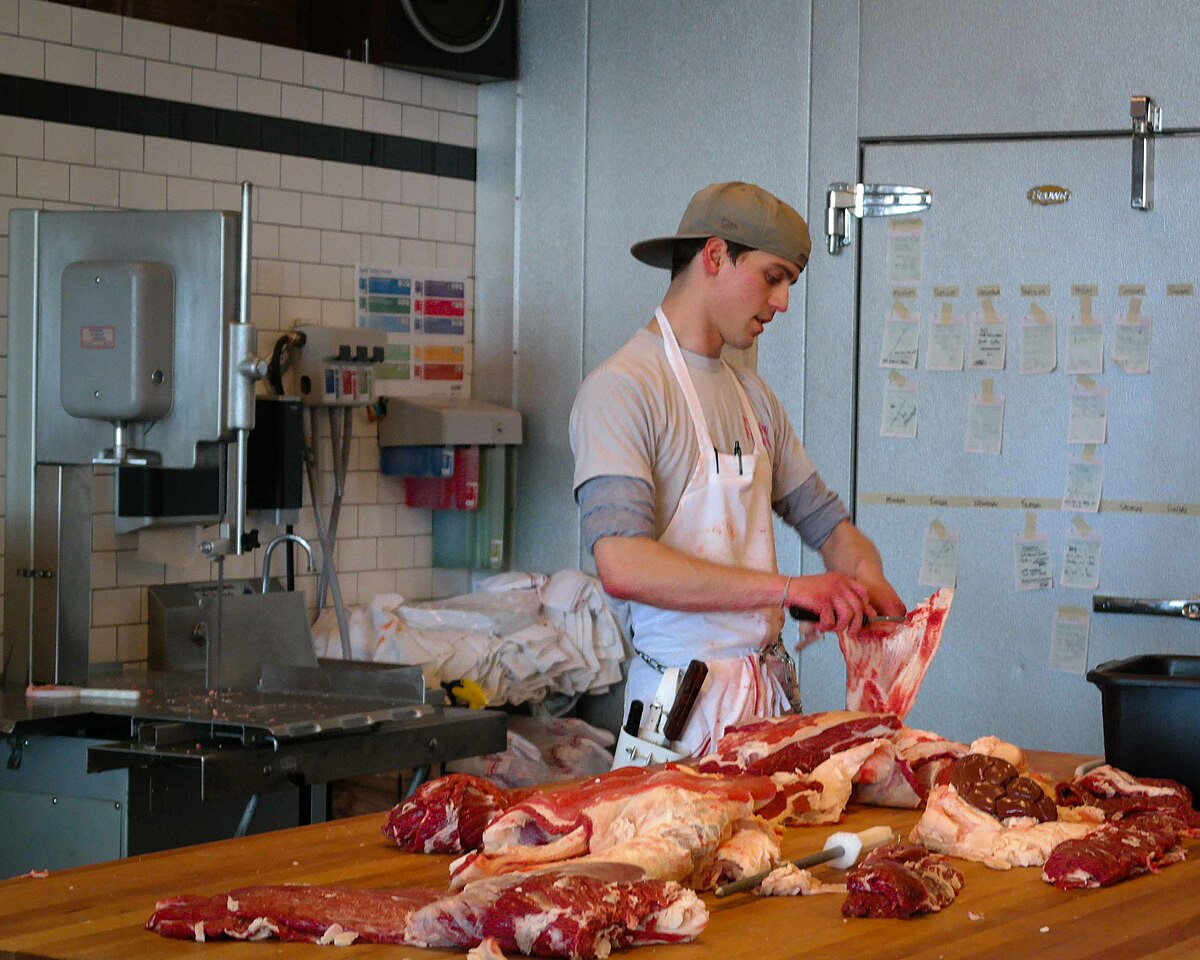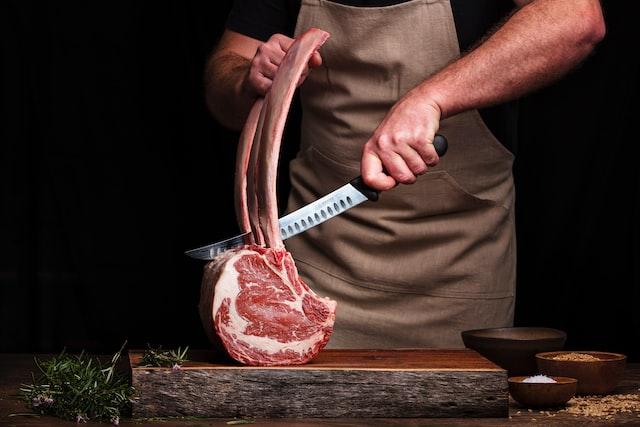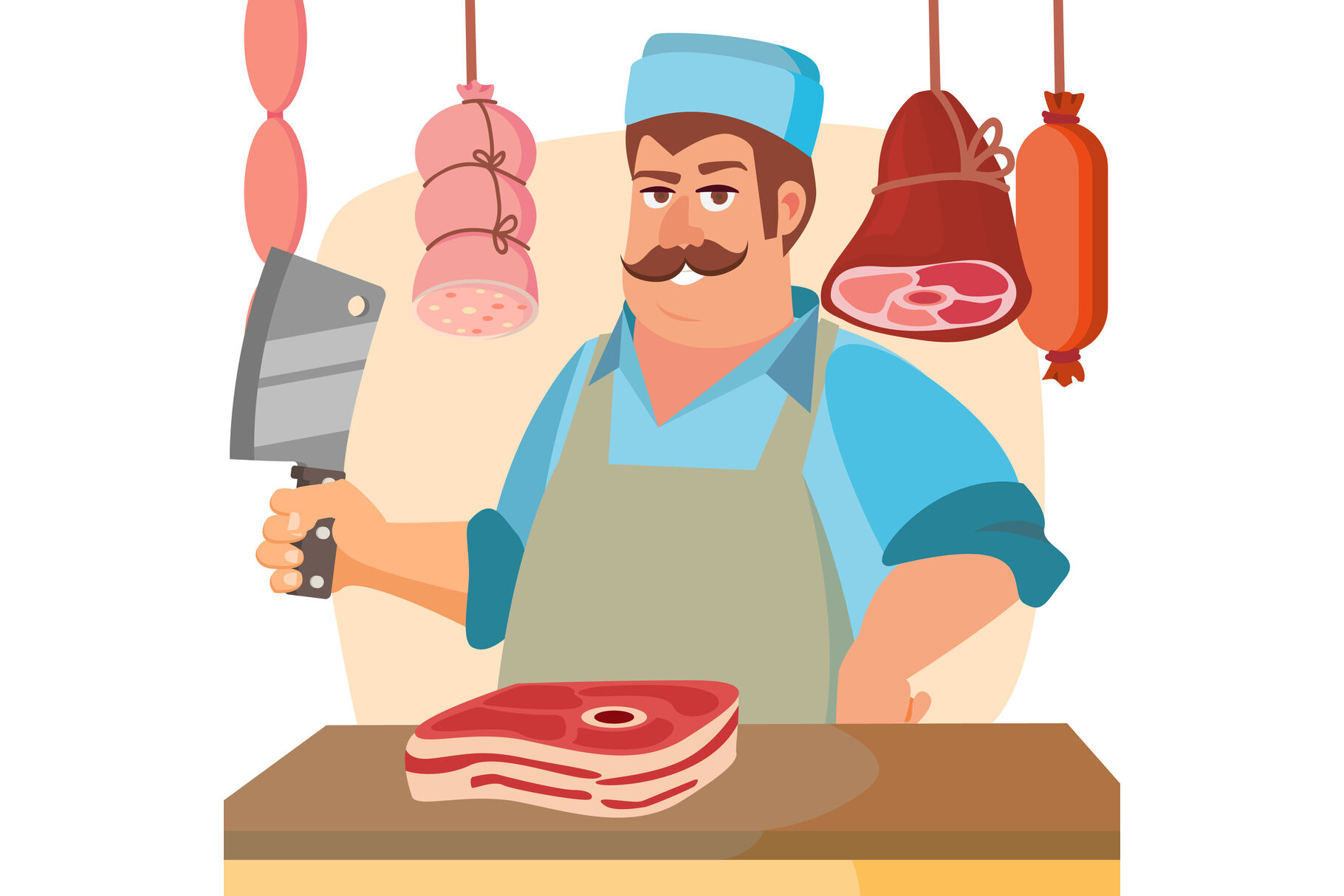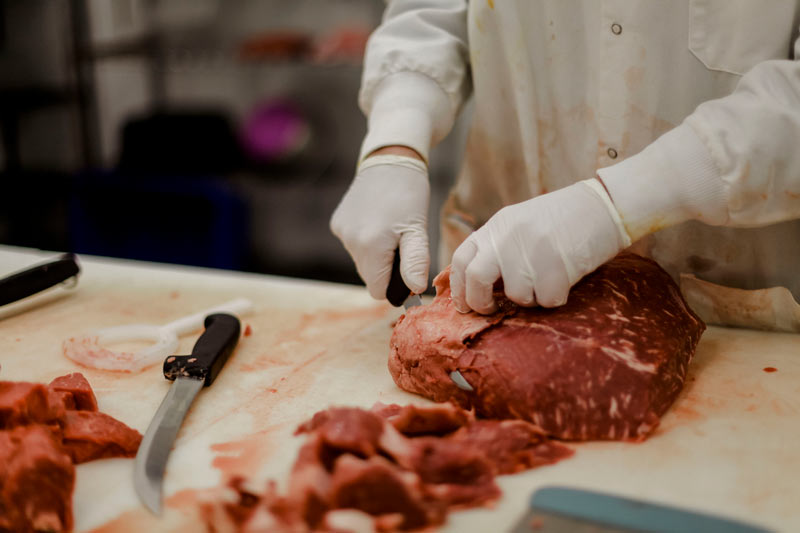The Total Overview to Exploring Your Local Meat Market: Offerings and advantages
Exploring a local meat market can expose a series of advantages that expand beyond plain buying. These markets often give fresher and a lot more diverse options compared to traditional food store. They also provide a chance to engage with educated staff who can direct clients in their choices. However, the benefits do not stop there. Comprehending the wider ramifications of regional sourcing might transform the way one approaches meat intake completely. What various other understandings wait for those happy to check out?
Recognizing the Value of Regional Sourcing
Numerous customers might ignore the advantages, local sourcing in meat markets offers substantial advantages that prolong beyond simple ease. By buying meat from neighborhood distributors, consumers often delight in fresher products, as these meats are commonly refined and offered faster than those sourced from distant ranches. This quality not only boosts flavor yet likewise supports better nutritional worth
Regional sourcing adds to the local economic climate, helping little farmers and services flourish while minimizing the carbon impact linked with long-distance transport. Consumers can additionally gain a deeper understanding of the sourcing practices, fostering a connection to the regional farming neighborhood. This openness typically causes higher animal well-being standards, as regional producers are a lot more likely to execute honest techniques. Inevitably, picking locally sourced meats empowers consumers to make informed choices that benefit both their health and wellness and their neighborhood, developing an extra lasting food system.
Exploring Special Cuts and Specialized Meats
Local meat markets frequently feature distinct cuts and specialty meats that may not be found in bigger supermarket. These artisan offerings can include uncommon ranges, showcasing the diversity of neighborhood animals. Exploring these choices allows consumers to find brand-new flavors and support local farmers.
Neighborhood Craftsmen Offerings
What unique flavors and textures await at a community meat market? Neighborhood artisan offerings provide a range of distinct cuts and specialty meats that accommodate diverse culinary choices. From heritage types to dry-aged beef, customers can find high-grade items not typically discovered in supermarkets. Artisan butchers typically concentrate on sustainable and honest sourcing, making sure that meats are increased humanely and with care. Special prep work, such as house-made sausages and charcuterie, showcase the skills and creativity of regional craftsmens, welcoming expedition and trial and error in home food preparation. Additionally, seasonal offerings highlight local flavors, allowing clients to get in touch with their community and support small businesses. Accepting these craftsmen products can raise any kind of dish and improve the general eating experience.
Unusual Meat Ranges
Discovering the offerings at a neighborhood meat market exposes a fascinating option of rare meat varieties that can boost culinary experiences. One-of-a-kind cuts such as bison ribeye, lamb neck, and goat shoulder deal consumers the opportunity to trying out flavors and structures that vary from standard meats (butcher shop edwardsville il). Specialty products like venison, swine, and also video game birds provide a preference of the exotic, interesting daring tastes buds. Furthermore, these markets often resource sustainably increased pets, ensuring quality and moral techniques. Well-informed butchers can suggest cooking methods and pairings, boosting the overall eating experience. By accepting these rare selections, home cooks can create remarkable dishes that celebrate varied cooking practices and showcase the splendor of regional agriculture
The Relevance of Sustainability in Meat Manufacturing
Sustainability in meat production plays a crucial role in shaping moral farming practices and lowering environmental effect. By focusing on local sourcing, customers can support ranches that focus on pet welfare and lasting methods. This focus not only profits the community yet additionally cultivates a stronger link between manufacturers and their communities.
Ethical Farming Practices
Exactly how do ethical farming practices add to an extra lasting meat manufacturing system? These methods prioritize animal welfare, making sure that animals are raised in gentle conditions. By giving animals with adequate area, access to pasture, and a natural diet regimen, moral farming enhances their wellness and wellness, leading to higher-quality meat products. Ethical farms often implement rotational grazing and other lasting methods that advertise soil health and biodiversity. This approach decreases reliance on artificial inputs and helps preserve neighborhood environments. Furthermore, ethical farming fosters a connection in between consumers and manufacturers, urging transparency and responsibility in the food supply chain. Eventually, these practices not just profit pets however additionally contribute to an extra sustainable and resilient agricultural system.
Ecological Impact Decrease
As the demand for meat proceeds to rise, the significance of decreasing environmental impacts in meat production becomes significantly obvious. Conventional meat production is linked to substantial greenhouse gas emissions, deforestation, and water depletion. Sustainable practices, such as rotational grazing and integrated crop-livestock systems, can mitigate these results by advertising soil health and wellness and reducing reliance on chemical inputs. In addition, buying regional meat markets motivates manufacturers to adopt environment-friendly methods, as consumers progressively prioritize sustainability. By picking meat resources that prioritize animal welfare and environmental stewardship, people can contribute to a more lasting food system. Inevitably, comprehending the environmental implications of meat production empowers consumers to make educated choices that sustain both their health and wellness and the planet's well-being.
Neighborhood Sourcing Benefits
While many consumers may not recognize it, regional sourcing of meat substantially enhances sustainability in food manufacturing. By sustaining neighborhood farms, customers reduce the carbon impact linked with long-distance transport. Furthermore, local meat producers usually use more gentle and eco-friendly methods compared to large commercial operations. This approach promotes biodiversity and advertises animal well-being. Local sourcing enhances the local economy by keeping funds within the area and encouraging lasting farming methods. It also enables customers to establish a much deeper connection with their food sources, cultivating openness in manufacturing techniques. Eventually, focusing on neighborhood meat not only benefits specific health however additionally adds favorably to ecological sustainability, making it a responsible option for diligent consumers.

Structure Relationships With Your Butcher
Developing a connection with a local butcher can considerably boost the meat-buying experience. Developing a connection fosters trust, permitting customers to seek individualized referrals tailored to their culinary demands. An educated butcher can give insights right into the very best cuts for specific meals, prep work methods, and cooking times, transforming a basic purchasing trip into an educational experience.
Normal interactions can lead to special offers or access to specialty items not offered to the general public. A butcher that understands their consumers is most likely to prioritize high quality and quality, ensuring contentment with every purchase. Additionally, this relationship can motivate a sense of neighborhood, Clicking Here as customers really feel more connected to the regional food network. Involving with a butcher not only improves the customer's understanding of meat items however additionally supports regional organizations, creating an equally beneficial connection that grows on trust and high quality solution.
Tips for Choosing the most effective Meats
When selecting the best meats, consumers must concentrate on numerous crucial aspects that ensure both top quality and taste. Quality is crucial; meat should have a dynamic color and a tidy, positive aroma. Customers need to additionally examine the marbling, as intramuscular fat boosts inflammation and flavor. Furthermore, understanding the cut is essential; various cuts offer different food preparation methods and dishes, so understanding the meant use can lead selections properly.
Another vital facet is sourcing; purchasing from neighborhood butchers or reliable distributors usually suggests greater high quality criteria. Customers should useful source ask about the meat's beginning and any kind of techniques related to pet welfare or feeding. Ultimately, inspecting for correct packaging and storage at the marketplace can indicate just how well the meat has been looked after. By taking into consideration these elements, consumers can make informed decisions that lead to a much more satisfying culinary experience.
Supporting Neighborhood Economic Climates and Neighborhoods
Supporting local economic climates and communities is an often-overlooked benefit of shopping at neighborhood meat markets. They add straight to the income of regional farmers, herdsmans, and craftsmens when customers select to buy from these establishments. This support fosters a sustainable agricultural system and reinforces regional economies, as cash invested locally often tends to flow within the neighborhood, developing tasks and enhancing neighborhood facilities.
Moreover, neighborhood meat markets usually resource their items from close-by farms, lowering transportation expenses and carbon impacts. This not just advertises environmental sustainability however also enables consumers to appreciate fresher, higher-quality meats.
On top of that, these markets often take part in neighborhood campaigns, such as sponsoring regional occasions or supporting food banks. By prioritizing neighborhood meat markets, consumers play an important duty in supporting their neighborhoods and guaranteeing the survival of small businesses, which inevitably enhances the social textile of the location.
Often Asked Inquiries

What Are the Typical Operating Hours of Neighborhood Meat Markets?
Common operating hours for regional meat markets usually vary, yet lots of open between 7 AM and 9 AM, closing in between 5 PM and 7 PM. Some may likewise supply prolonged hours on weekend breaks for convenience.
Do Local Meat Markets Deal Distribution Providers?
Several neighborhood meat markets do use distribution services, although availability varies by place. Clients need to make inquiries straight with their regional market to confirm whether this service is given and any kind of affiliated charges or problems.
Are There Vegetarian Options Available at Meat Markets?
Several regional meat markets do use vegetarian choices, such as plant-based sausages, seasoned veggies, and specialized cheeses. These selections accommodate diverse dietary choices, interesting both meat lovers and those looking for meat options.
How Can I Find a Local Meat Market Near Me?


To find a neighborhood meat market, one can browse online via maps or directories, ask next-door neighbors for recommendations, or check out local farmers' markets that commonly feature vendors concentrating on meat items.
What Payment Approaches Do Regional Meat Markets Accept?
Regional meat markets usually approve different repayment approaches, including debit, credit report, and cash cards. Some may likewise offer mobile repayment alternatives or commitment programs, enhancing convenience prime beef delivery and motivating repeat service amongst their consumers.
By buying meat from local suppliers, customers often appreciate fresher products, as these meats are typically processed and sold more promptly than those sourced from distant ranches. Local meat markets usually feature distinct cuts and specialized meats that may not be located in bigger grocery stores. Exploring the offerings at a neighborhood meat market reveals an interesting selection of rare meat selections that can raise culinary experiences - farmer's meat market near me. As the demand for meat continues to increase, the significance of reducing ecological influences in meat manufacturing ends up being increasingly obvious. Sustaining regional economies and communities is an often-overlooked advantage of shopping at neighborhood meat markets